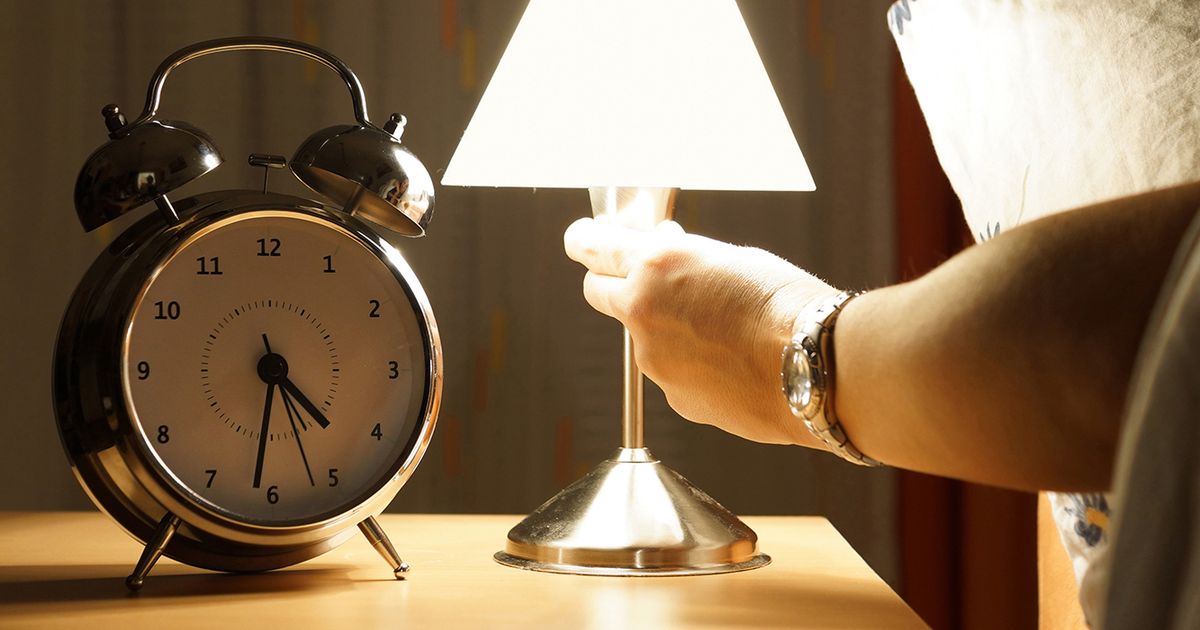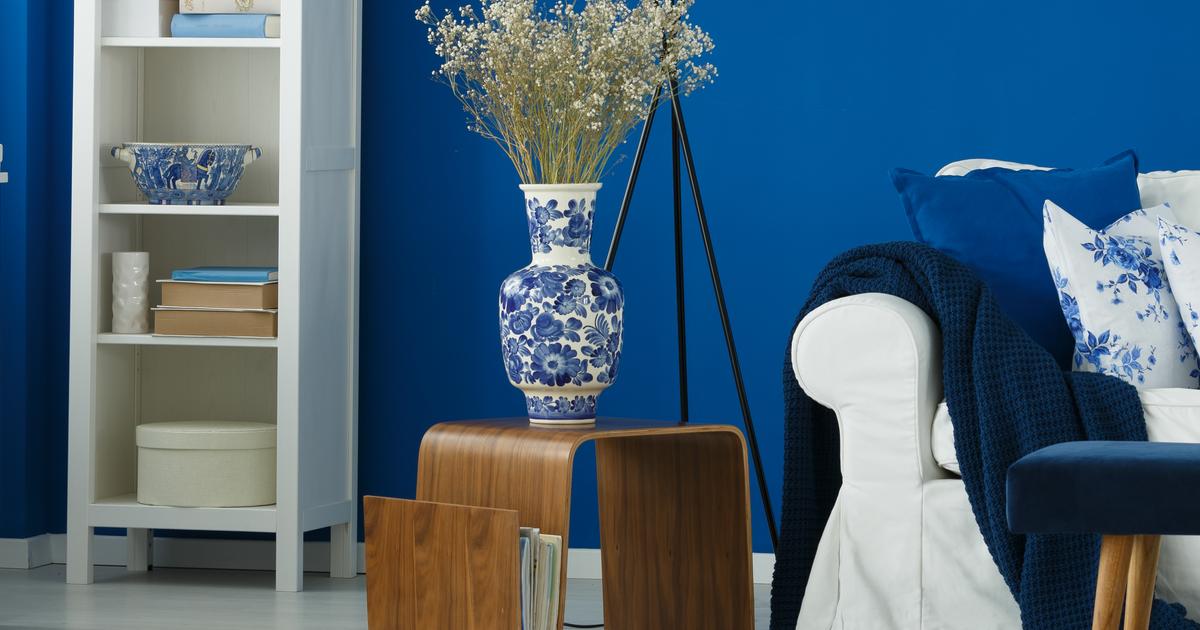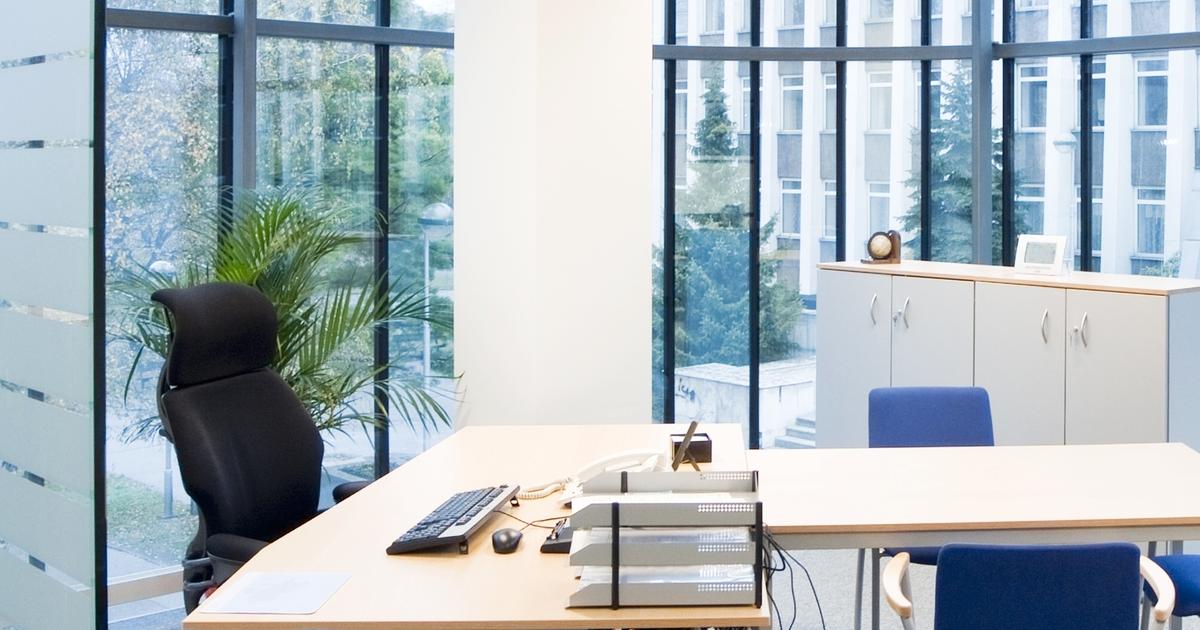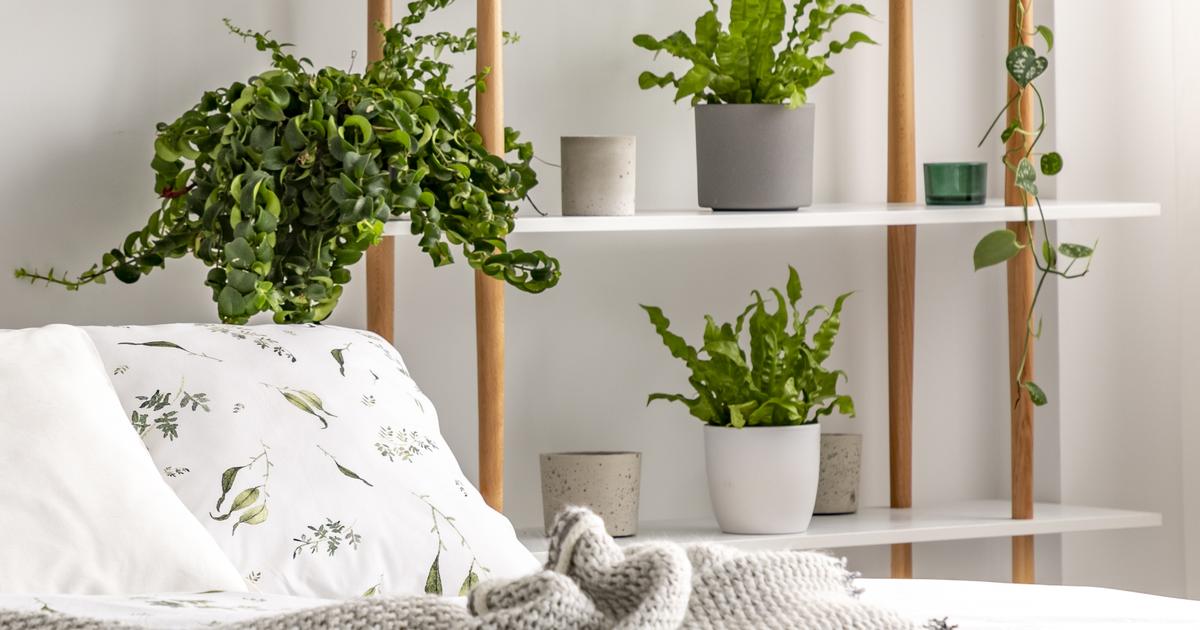Easy Ways To Use Feng Shui To Improve Your Life
Feng shui is a Chinese philosophical practice that claims the home is a reflection of the human mind. Practitioners of this art believe the way homeowners position objects in their house and the condition of these objects affect energy, fortune, and health. Even for those who are not believers of this philosophy, studies show the organization of an individual's environment can have a substantial impact on their health and quality of life. Here are easy ways to use feng shui to structure an environment so it has a positive impact on health and quality of life.
Plate Food In A Different Room

It is common knowledge that bigger plates can accommodate more food, and it is common to fill up a plate when eating. During a family meal, using big plates can make individuals more likely to go for extra helpings of comfort food even if they are already full. Researchers at Cornell University have found a way to avoid this problem: plate food in the kitchen and eat it somewhere else. When food is served and consumed in a different room, diners are less likely to fill their plates unless they are actually hungry. Researchers found this practice led diners to eat at least twenty percent fewer calories.
Make Healthy Snacks Accessible

Throughout the day, it is easy to snack on whatever is easy to reach. It is hard to find the motivation to make snacks that require preparation when it is possible to reach for a prepackaged sugary or salty treat. Studies show adults are more likely to eat healthy foods when they are visible and easy to grab. One way to make healthy foods more accessible at home is to put all fruits and vegetables in plastic containers or another visible place. At the same time, individuals should place unhealthy foods in opaque containers and on bottom shelves. This will keep the 'bad food' out of sight. Experts also claim keeping unhealthy food hidden makes individuals more aware that what they are eating is not good for them.
Limit Light Exposure At Night

Exposure to light at night makes it harder to sleep well, and studies show it can increase an individual's risk of obesity. Light exposure ignites a chain reaction in the body that interferes with sleep patterns and affects metabolism. This change in metabolism increases the likelihood of obesity, which also boosts the risk of developing a variety of diseases, including breast cancer, depression, mood disorders, and infertility. The best way to avoid this is to position the sleeping side of the bed as far away as possible from the window. It may also be helpful to use thick curtains to block out light. In addition, electronic devices should be kept out of the bedroom because even the small blue light emitted from computers and televisions are known to disrupt sleep patterns.
Create A Relaxing Living Room

The living room is not just a place to welcome guests; It is also a place to relax when spending time at home. The ideal living room is warm and welcoming, and there are a few easy tricks to create this type of environment. First, move all hanging lights to the perimeter of the room. Researchers claim placing warm lighting around the perimeter of a room induces feelings of relaxation. Second, place couches and armchairs closer to windows. A study conducted by scientists at the University of Hartfordshire discovered the colors found in nature, such as green and blue, boost dopamine production in the brain, which results in a stress reduction. Placing chairs and couches close to windows boosts exposure to these colors.
Stick With Contained Workspaces

As fashionable as open-concept offices may be, research indicates they impair employees' concentration, motivation, creative thinking, relationships with co-workers, and overall satisfaction. The uncontrolled interactions brought on by these environments increase stress while reducing productivity by sixty-six percent. Office designs that promote productivity and satisfaction include those in which desks are placed near windows, increasing exposure to natural light. This improves employees' health and sleep and makes them statistically more productive and satisfied.
Personalize Workspaces

Many employees have a habit of keeping personal objects and pictures on their desks. This does more than add a personal touch to a workspace. According to experts, looking at familiar objects and faces helps employees decrease stress and fatigue. In addition, in an article published in the Journal of Experimental Psychology, researchers found employees are happier and have better relationships when they are allowed to decorate their spaces. It is easy to assume a clean desk improves productivity. However, a recent study showed desk clutter does not affect an employee's ability to generate ideas. Organized environments are better for performing organizational tasks, but cluttered desks inspire creative thinking.
Keep Plants Around

Increasing exposure to natural light and hues found in nature are not the only ways to induce relaxation and improve mood. Being surrounded by plants can also improve well-being. Research shows plants can reduce stress, lower blood pressure, and can also accelerate recovery following an illness. Scientists at the University of Rochester conducted a study that showed patients in a hospital who embraced the presence of plants recovered faster and had significantly lower levels of anxiety than patients deprived of plants did. This evidence suggests it is beneficial to place house plants in rooms and at least one vase on an office desk.
